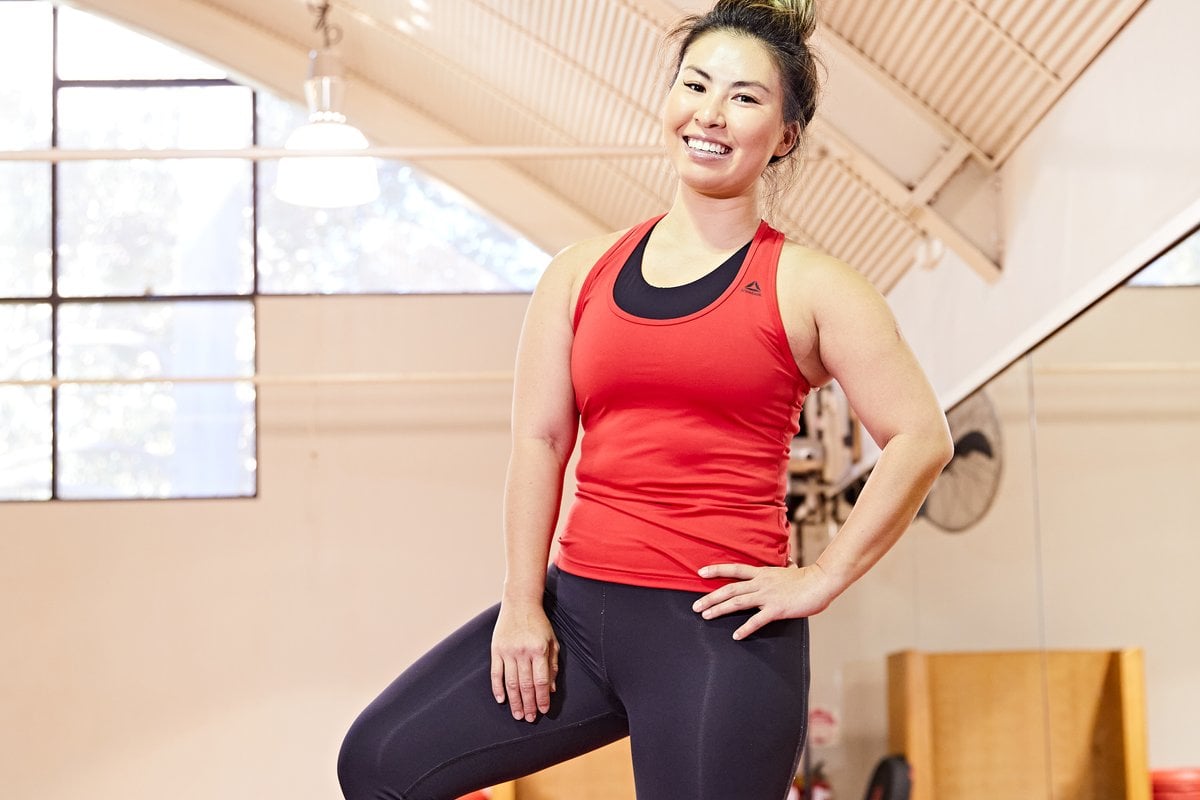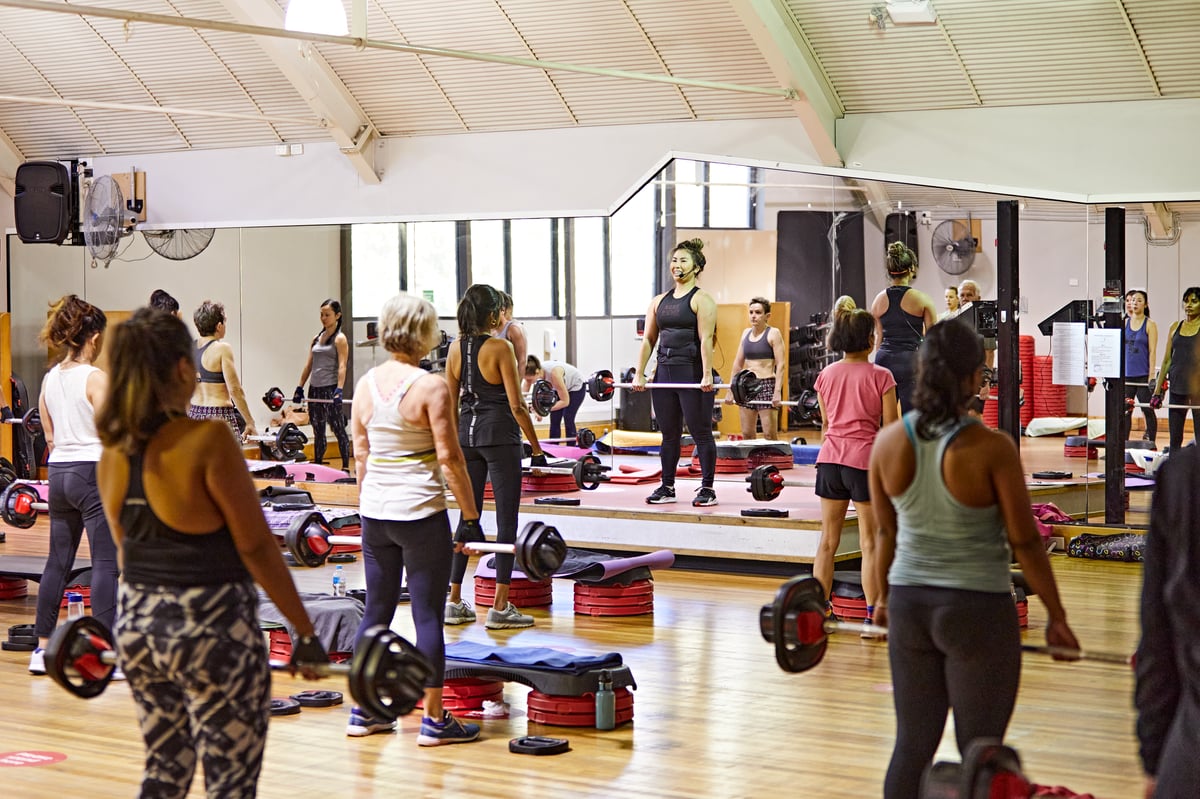
This article discusses weight and fatphobia, and may be triggering for some readers.
An EDM version of a Katy Perry song blared through the speakers as gym members in coloured lycra lunged in unison with barbells on their upper backs. Left, then right. Perfectly choreographed to the music. It was 2015 and my old friend Nic had invited me along to a BodyPump (weight) class at his local gym. Through him, I met Lee and Jen who were regulars.
Following BodyPump, we did BodyAttack (aerobics) on Saturdays, and RPM (cycling) on Sundays. I loved the high-tempo music, the challenging workouts, and the friendly vibe of the people there. Our little ‘gym club’ had brunch after every session, which was a great way to debrief about our intense work as doctors. I kept this up every weekend for two years. Even though the gym was on the other side of town, it was worth the two train rides to get there because I loved the instructors. And, of course, I went because it was my weekly catch-up with Nic, Jen, and Lee. I stopped going when work got too much. I was working most weekends, and even when I did get a weekend off, I was exhausted. I became burnt out, and eventually diagnosed with depression.
 Yumiko wrote her debut book, Emotional Female, about her experiences as a young doctor. Image: Instagram. The stress of the job, the lack of healthy food options at work, and no longer having the time, energy or motivation to exercise meant that I gained weight. On top of that, weight gain was a side effect of some of my anti-depressants and sleep medications. I was now twenty kilos heavier than what I used to be when I was a bouncy, Les Mills-loving fitness fanatic.
Yumiko wrote her debut book, Emotional Female, about her experiences as a young doctor. Image: Instagram. The stress of the job, the lack of healthy food options at work, and no longer having the time, energy or motivation to exercise meant that I gained weight. On top of that, weight gain was a side effect of some of my anti-depressants and sleep medications. I was now twenty kilos heavier than what I used to be when I was a bouncy, Les Mills-loving fitness fanatic.

Top Comments